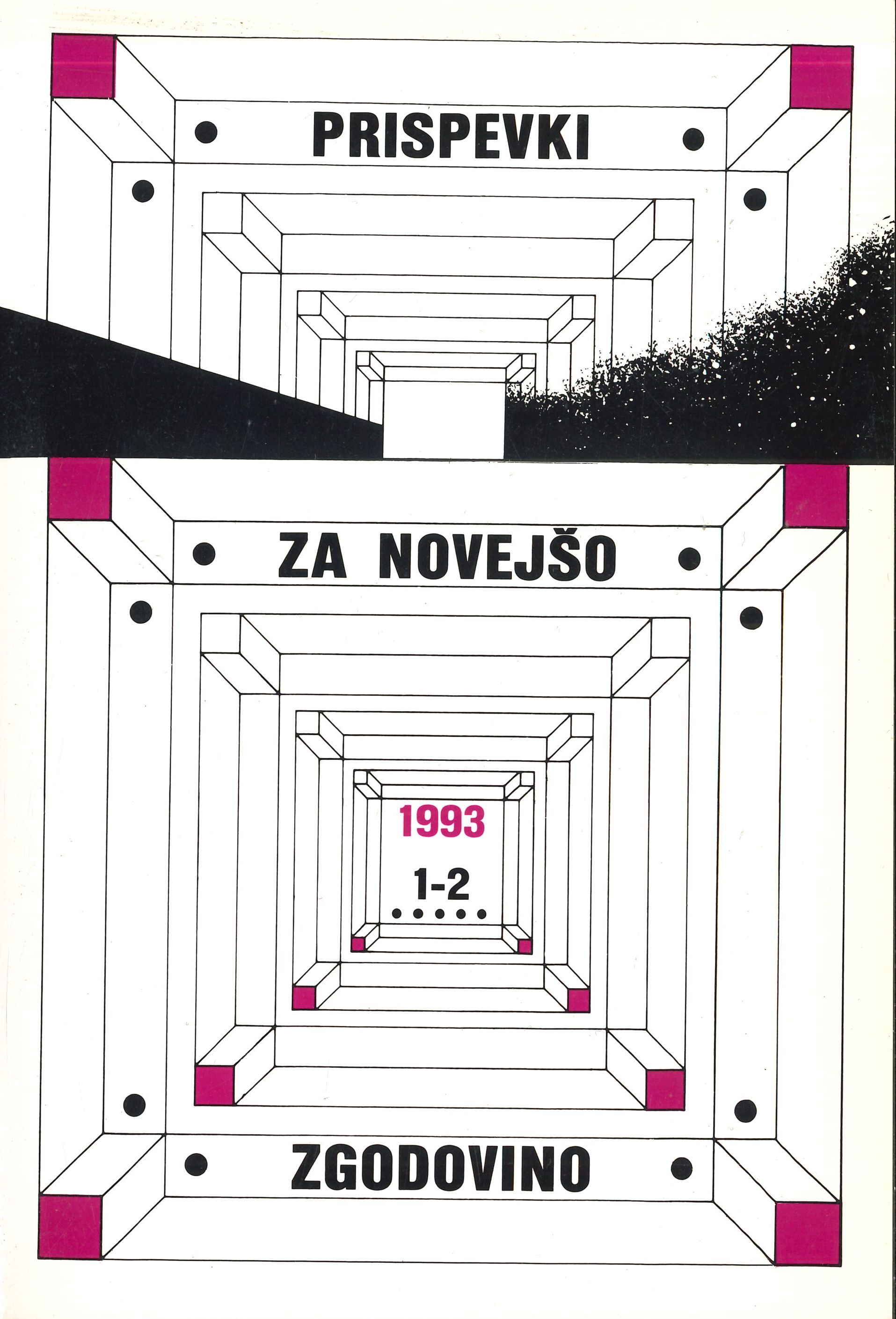Relationships between the Communist Party of Slovenia (Communist Party of Yugoslavia) and the Communist Party of Italy in the 1941-1947 Period Concerning the Issue of Venezia Giulia
Keywords:
Komunistična partija Jugoslavije, Komunistična partija Italije, Julijska krajina, nacionalno vprašanje, razredno vprašanjeAbstract
The author examines the relationships between the two communist parties in a territory populated by two ethnic communities that the two interested states attempted to annex. Given the fact that the Communist Party of Slovenia/Yugoslavia and the Italian Communist Party either led or belonged to the group of political organizations that participated in the liberation struggle, their ties and co-operation had profound implications. The fundamental dilemma emanated from the relation between the national and the social and/ or class structures, and both had to take into account their domestic situations, too. Putting into the foreground the solution of the Slovene national issues, the Communist Party of Slovenia managed to attract the Slovenes living in Venezia Giulia, and by emphasizing-the socialist revolution and close ties with the Soviet Union won also the sympathies of Italian workers in this province who thus opted against the orientation of their own Italian Communist Party.
Downloads
Published
Issue
Section
License
Authors who publish with this journal agree to the following terms:
- Authors retain copyright and grant the journal right of first publication with the work simultaneously licensed under a Creative Commons Attribution License that allows others to share the work with an acknowledgement of the work's authorship and initial publication in this journal.
- Authors are able to enter into separate, additional contractual arrangements for the non-exclusive distribution of the journal's published version of the work (e.g., post it to an institutional repository or publish it in a book), with an acknowledgement of its initial publication in this journal.
- Authors are permitted and encouraged to post their work online (e.g., in institutional repositories or on their website) prior to and during the submission process, as it can lead to productive exchanges, as well as earlier and greater citation of published work (See The Effect of Open Access).


